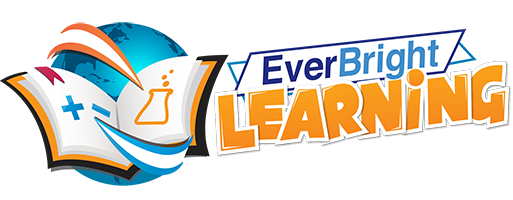
Choosing the best curriculum has much more to do with you and your child than what the “best book or program” might be. No one loves your child like you do. Furthermore, no one knows your children like you do. What works well for your best friend may not work at all for you.
The cost to homeschool a child is all over the board. The resources available are exhaustive. If you are careful and thoughtful, you can afford to homeschool. You will likely have to make hard choices to get exactly what you want. You must know what you want to make good choices, but how?
Here are a few things to consider:
Consider your child’s learning style. Does your child learn by seeing (Visual), hearing (Auditory) or by doing (Kinesthetic)? Does he/she prefer a more hands-on learning approach (activity-based learning)? Is your child a self-starter – happiest working quietly at his/her own pace? Does your child respond with better understanding when he/she is able to hear the instructions and lessons rather than read them? Is he/she more of a “show me” person – excelling when reading the instructions and learning with visual aids like charts, graphs, pictures and timelines?
What kind of interests and talents does your child have? Ask them what they would like to learn about. Do they have a favorite subject? Are they athletic? Are they a “techie”? What do they want to be when they grow up?

Consider your own teaching style. Are you more likely to teach, facilitate or participate in each lesson or will your child be working mostly on his/her own with assignments?
You may want to do a little studying up on teaching methods. All provide a certain structure for homeschooling life. Some methods are very detailed and require a lot of structure and some don’t. There are more methods than you can imagine… You might have heard about the Charlotte Mason Method, the Classical Method or the Waldorf Method. There are methods called The Unit Study Method and Unschooling and Natural Learning, The Thomas Jefferson Education Method and Enki Education. There’s also the Montessori Method. Many people take their own path and use a little part from any or all of the methods and incorporate them into their own hobbies and lifestyles. This is called the Eclectic Method. I have probably left some out. I recommend that you take some time to study and learn a little about each one to see what resonates with you. You may already have established a method of your own and just don’t know it! When you are looking at the various methods don’t pick one just because it sounds good. It’s got to work for you and your family for you to succeed.
Consider your priorities – be realistic. Do not compare yourself to other homeschooling families. What goals do you have for your child? Your family, your own person? You do realize that you fit into this equation too, right (grin)? Make sure that you choose a homeschooling path that works for your whole family and lifestyle.
Be honest with yourself. There is only so much of you to go around. Examine your selections carefully. Consider how much time each activity/lesson will take. Compare your total lesson time to the rest of your daily obligations. Make a “time budget”. One of the most important lessons that we can teach our children is to plan well to meet our obligations.
Homeschooling is an adventure and a journey and has its ups and downs. It’s a lifestyle with awesome rewards at the end. Hang in there and have fun. It will be over all too soon!
Enjoy!

